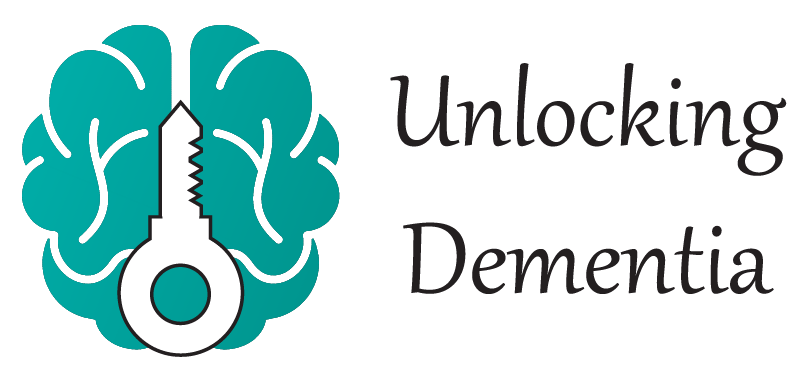Huntington’s disease is caused by a genetic degeneration of nerve cells in certain areas of the brain. It is a mutation of the Huntington gene that causes the neurons in the brain to disintegrate. Often diagnosed between ages 30 and 50 and considered a rare adult-onset progressive neurodegenerative disease, Huntington’s disease progressively worsens for 15 to 20 years, rendering the patient unable to perform daily living tasks. This disease was first described by George Huntington in 1872. He was only 22 years old when he provided a comprehensive description of condition, which symptoms include loss of motor control, altered personality and mental illness and a decline in cognitive functions.
Symptoms tend to worsen over time and affects the ability to feel, think and move. It is hereditary with a 50-50 chance of developing this disease if one parent is already affected with it. Symptoms include mood swing, depression, irritability, anger, and impaired judgment. Cognitive functions may also be impacted. Physically, there may be uncontrolled movements in the fingers, feet, face or trunk and problems with coordination or balance.
Adult-onset Huntington’s disease usually begins in middle age, although it can begin at any age, and the earlier the disease shows symptoms, the more rapidly it progresses. Family history, CT scans and MRIs are helpful in diagnosing Huntington’s disease. Often pre-symptomatic genetic testing is performed on those without symptoms and have a parent who has been diagnosed with Huntington’s disease. Currently, there is no cure for Huntington’s, however, some medications can help control the symptoms and exercise seems to help with the severity of the symptoms. Often the person requires additional help with daily living. Huntington’s Disease Society of America is dedicated to helping those and families living with Huntington’s disease.
